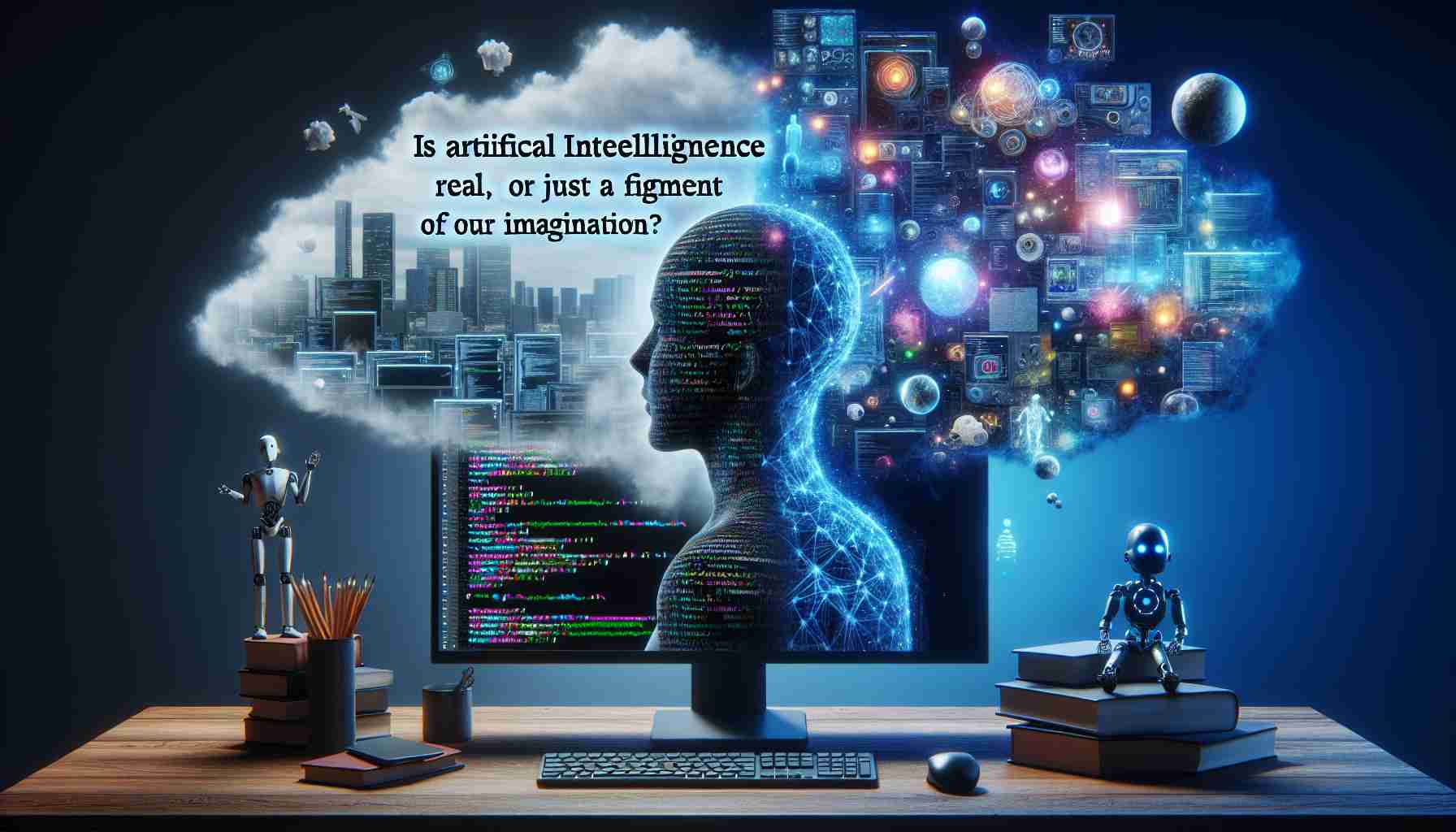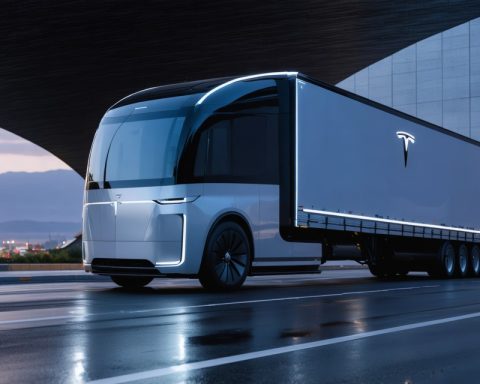Artificial intelligence (AI) has become a buzzword in recent years, sparking curiosity and debate worldwide. But is AI truly real, or is it merely a science fiction fantasy? The answer lies in understanding the nature of AI and its applications.
AI refers to the simulation of human intelligence processes by machines, particularly computer systems. These processes include learning, reasoning, problem-solving, perception, and language understanding. AI is real in the sense that it is actively used in many aspects of daily life. From voice-activated personal assistants like Siri and Alexa to recommendation algorithms on platforms like Netflix and Spotify, AI is embedded in technologies that impact our everyday interactions.
The development of AI can be traced back to the mid-20th century with advancements in computer science and cognitive psychology. Over the years, AI has evolved from basic rule-based systems to complex neural networks that can learn and adapt independently. This evolution has contributed to breakthroughs in fields like healthcare, where AI assists doctors in diagnosing diseases, and autonomous vehicles, which navigate environments using AI-driven decision-making systems.
Although AI has achieved remarkable capabilities, its development is bound by certain limitations. Today’s AI systems excel in specific tasks but lack the comprehensive understanding and common sense that characterize human intelligence. This distinction is what separates current AI from the sentient, autonomous entities often depicted in science fiction.
In conclusion, AI is indeed real and continuing to evolve, enhancing various aspects of life and industry. However, it remains an ever-progressing field, with ongoing research aimed at overcoming current constraints and exploring future possibilities.
Is AI the Future, or Just Another Passing Trend?
Artificial Intelligence’s rise is undeniable, but how does it uniquely affect the lives of individuals, communities, and nations? The truth is, AI’s impact stretches far and wide, influencing not only technology but also ethical standards and economic landscapes.
How does AI revolutionize healthcare? Beyond assisting with diagnostics, AI is now enabling personalized medicine, tailoring treatments to individual genetic profiles. This innovation promises to significantly improve patient outcomes, making healthcare more effective while potentially reducing costs. However, it raises questions: How do we ensure privacy when handling sensitive genetic data, and who has access to these advanced treatments?
AI and the job market: friend or foe? AI holds the potential to boost productivity and create new job sectors. Yet, it also threatens traditional jobs. Factory workers, drivers, and even some white-collar jobs face redundancy as AI automates tasks. The debate remains heated: Will AI create more opportunities than it eliminates? It challenges communities to rethink education and skills training to prepare for this new landscape.
Global implications: technological divide or universal progress? As AI advances rapidly, countries at different development stages face contrasting challenges. While developed nations harness AI for competitiveness, developing countries struggle with the infrastructure needs. This technological divide can exacerbate existing inequalities unless global cooperation ensures inclusivity.
In an age where AI is omnipresent, we must ask: Is AI truly conscious, or is it just mimicking human behavior? Current AI lacks consciousness; rather, it is highly proficient at pattern recognition and data processing. Researchers continue to explore whether truly sentient AI is possible or desirable.
For further exploration on AI developments: Wired, The Verge.









